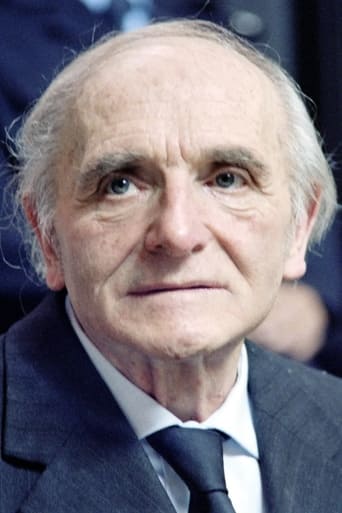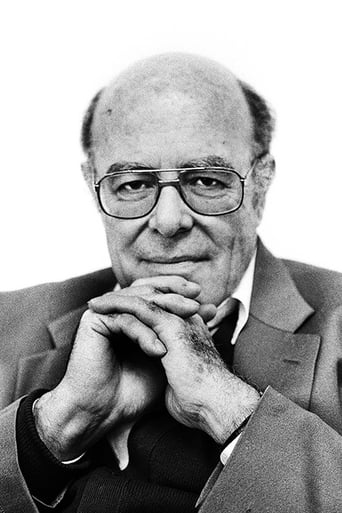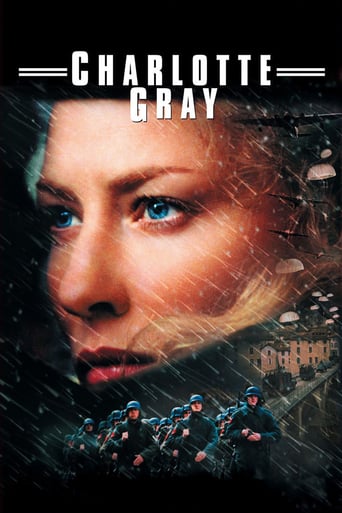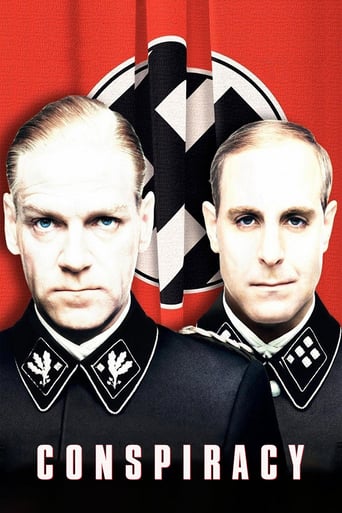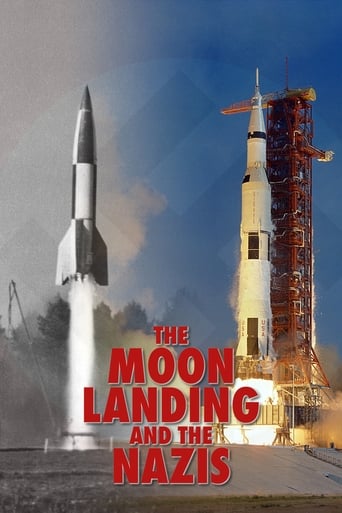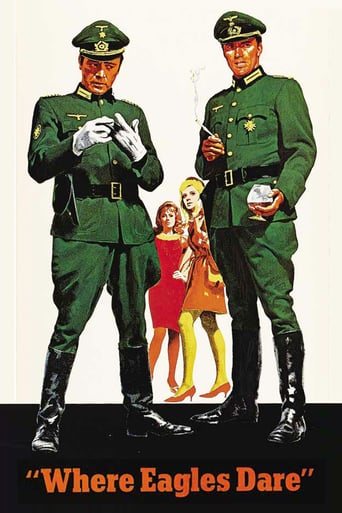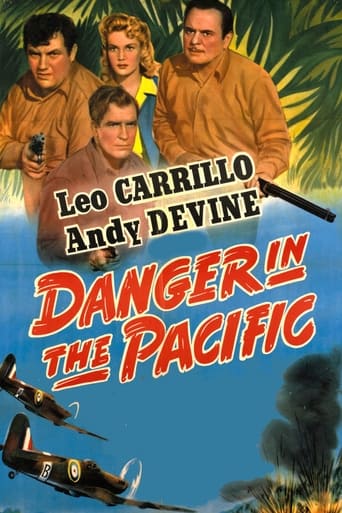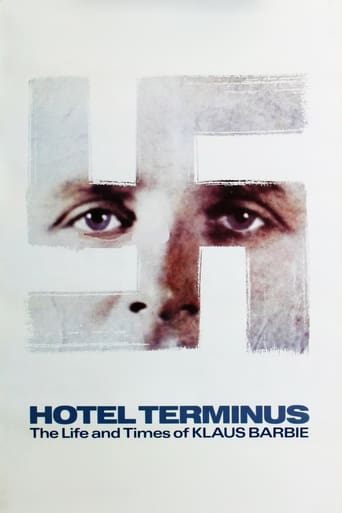
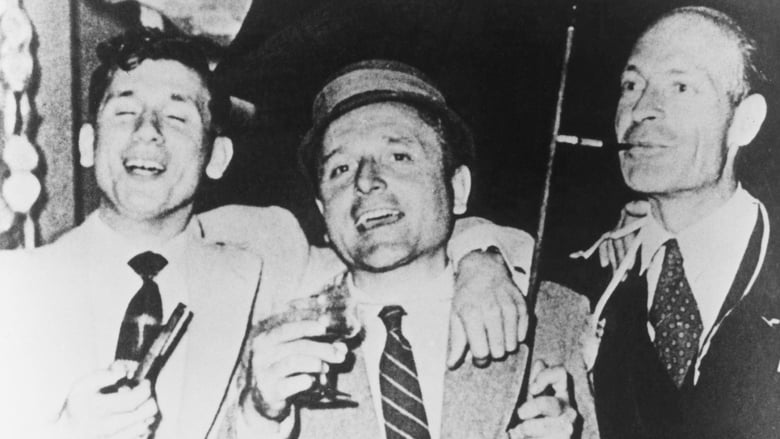
Hôtel Terminus: The Life and Times of Klaus Barbie (1988)
Marcel Ophuls' riveting film details the heinous legacy of the Gestapo head dubbed "The Butcher of Lyon." Responsible for over 4,000 deaths in occupied France during World War II, Barbie would escape—with U.S. help—to South America in 1951, where he lived until a global manhunt led to his 1983 arrest and subsequent trial.
Watch Trailer
Cast
Similar titles
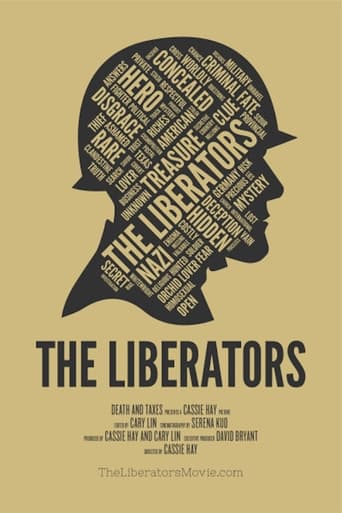
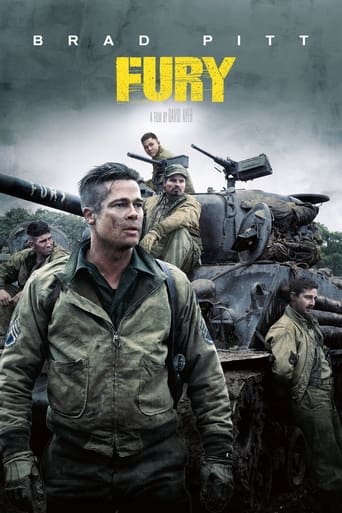
Reviews
Very best movie i ever watch
Simply Perfect
Excellent adaptation.
The film's masterful storytelling did its job. The message was clear. No need to overdo.
Four and a half hours long, 'Hôtel Terminus' may test the viewer's endurance, but it is well worth the effort. Even though Klaus Barbie's youth and time in Lyon are given a good deal of time (I still would have preferred a little more, though) and attention, the greater part is spent on his life after WWII. I only knew a little about Klaus Barbie in connection with the French Vichy regime, but this documentary filled in countless blanks. There is a great amount of information here, and I had to 'rewind' a couple of times, but it never becomes truly chaotic.Marcel Ophüls' particular and - understandably - fierce approach to the 'subject' is impressive to witness, and adds to the thorough investigation into this German war criminal. How the Americans, Germans and even members of the Vatican (and others) unscrupulously were able to aid to his 'revival' in South-America is downright shocking (some information I may have vaguely picked up on when I was much younger, but ), but this documentary also shows how perseverance and diligence pay off in the end - endless kudos.In the final part there was something going on that confronted the state and people of France with their own past (after WWII) and almost thwarted the course of justice: the torture tactics (France) used in Algeria, even if they are, considering the circumstances, rather far apart. An interesting notion nonetheless, and one that can not be denied.One could try seeing this in stages, but I'll warn you that it may be far too fascinating to stop once you've started.9 out of 10.
This is a French documentary about the sadistic Gestapo commander in Lyon, who captured Jean Moulin, the leader of the French Resistance, during WWII, and tortured and deported a load of other people along the way. Fascinating premise, too bad the result is as exciting as reading a phone-book. Seriously, all you get here is an uninterrupted strain of random people talking in the most monotone and grammatically convoluted way, with no context and no emotion whatsoever. Every single person interviewed, but particularly the director, M. Ophuls, are such boring self-indulgent drags. They seem to enjoy just listening to themselves instead of trying to engage the audience by conveying something other than an exaggerated love for their own mother tongue. Take for instance this question posed to Moulin's former secretary by Ophuls while the camera focuses on himself: "But isn't it incredibly arrogant to try to form an opinion to presume to judge the fragility of the behavior of people who were submitted to torture, or who have... who have, been submitted to torture or, or who have been threatened to be tortured?" Of course in French this takes almost twice the time to spell out. And then it cuts away to him (Ophuls) posing another question to another guy, always in that same overstretched, convoluted and elliptic fashion. The first 30 minutes are spent contrasting the testimonies of different people who disagree as to who was the whistle-blower for Moulin's arrest. But it's so horribly BORING. They might as well be neighbors arguing over who let the garbage bin open for stray dogs to make the sidewalk dirty, when in fact they are discussing matters of life and death. Very, very poor result for such a fascinating premise. I had high expectations for this documentary and was completely disappointed.
Marcel Ophuls' mammoth four-and-one-half hour-long portrait of Gestapo commandant Klaus Barbie, the notorious Butcher of Lyon, is more than just a biography of another Nazi mass murderer. The film also provides a meticulous study of the forces which allowed him to survive for so long, from wartime anti-Semitism to post-war Communist paranoia to a prevailing what's-done-is-done attitude of retroactive amnesia. Ophuls is not so complacent, and makes no apologies for his sometimes confrontational approach to the subject. In his mind those who don't learn from the past are doomed to repeat it, and the sheer volume of verbal testimony, from enemies and friends alike, is only the director's way of ensuring we neither forgive nor forget. The scope of the film is vast, covering over forty years and spanning several continents, but the scale is intimate: one voice, one detail at a time, making it an exhaustive but hardly exhausting account of one monstrous but admittedly small cog in an evil machine, pieces of which are still well-oiled and operating even today.
Along with "The Sorrow and the Pity" (from same director), this is definitely one of the most gripping and informative documentaries you will ever get to see. Focusing of the life of the Klaus Barbie, a ruthless SS interrogator later labeled "The Butcher of Lyons", implicated in over 4000 deaths and the deportation of over 7000 Jews in occupied France, this documentary not only paints a relentless picture of the German occupation in France, but also of the 40-year manhunt of a Nazi war criminal. Employed by the American government after the war for his contacts, and later protected by several other governments eager to use his "talents", Marcel Ophuls exposes a complex web of political intrigue and deceit that spans over decades. While some spectators seemed to get a bit lost having absolutely no prior knowledge about European war history not involving an American elite team saving the world, just knowing that France was occupied by Germans during WWII and that legendary French Resistance Leader Jean Moulin was one of Barbie's many victims should be enough to follow and understand this must-see documentary just fine!
